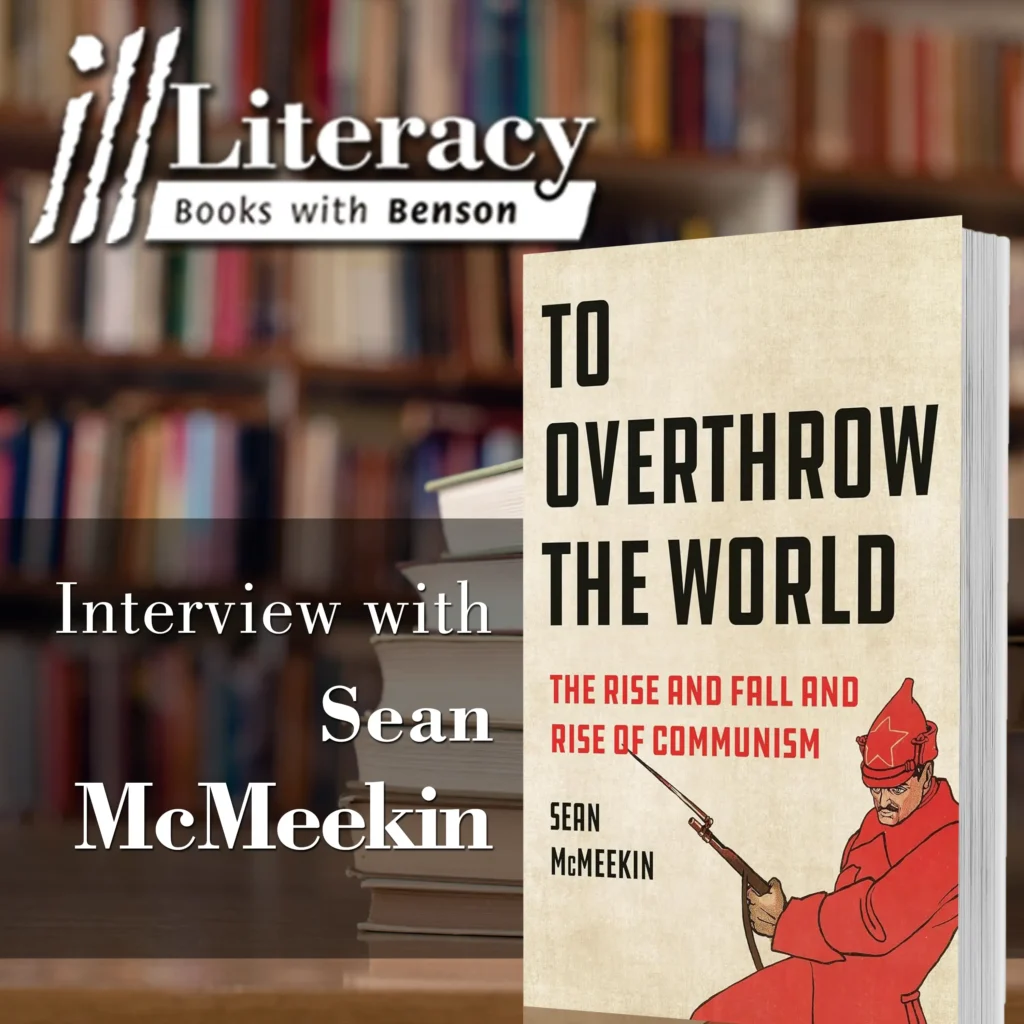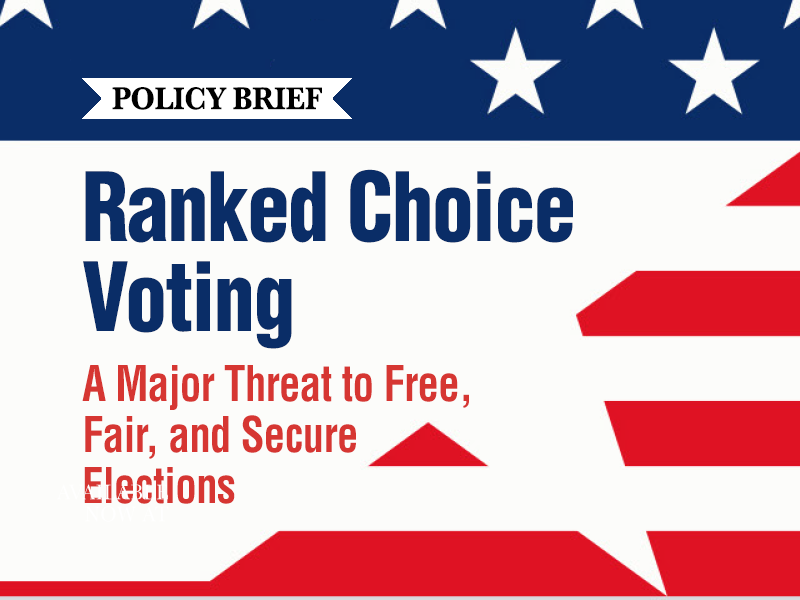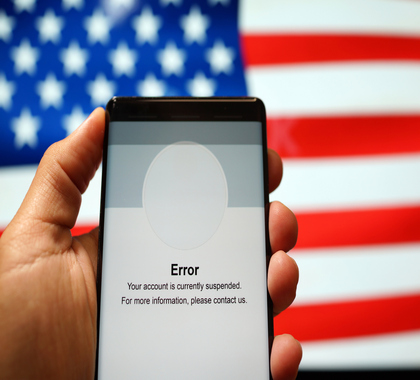Between 1994 and 1997, more than twenty state attorneys general have filed lawsuits against major tobacco companies seeking reimbursements for the billions of dollars paid by state governments through Medicaid and other programs dealing with the smoking-related health costs. In this Heartland Institute Policy Study, Michael E. Debow reveals how Medicaid reimbursement suits are a “front that holds out the prospect of forcing a pariah industry to bankroll a government welfare program – Medicaid.”
Such lawsuits especially picked up traction after plantiff states settled with a small tobacco company that resulted in the forced turnover of a cache of documents likely to be used to press cases against larger, more profitable companies.
Debow argues Medicaid reimbursement suits result in numerous adverse consequences, including:
- A dangerous legal precedent that could have wide-ranging scope if more governments seek to raise revenue through litigation rather than legislation.
- A dubious alliance formed between the highest law enforcement officers at the state level and the activist plaintffs’ trial bar.
- A blurring of the state governments’ constitutional separation of powers, particularly between the judiciary and the legislature.
Debow also examines a large body of research and finds smoking “does not impose a net financial injury on state treasuries.” And in fact, Debow argues at current cigarette tax rates, smokers in most, if not all, states are “paying their own way” from year to year with respect ot publicly funded health care. Moreover, Debow posits if state governments wish to raise additional funds to cover the smoking-related charges against its Medicaid program, it should seek to raise the cigarette tax through the proper legislative process. Such a tax increase would be paid by the same people as a successful Medicard reimbursement suit, only it would bypass the bounty paid to the plaintiffs’ bar, and thus would be fairer approach to take.
If taxes on cigarettes currently are too high to be raised any further without causing a decrease in state revenue, then by the same reasoning, the settlement of the lawsuits against the tobacco industry, by resulting in large costs passed through to smokers, would similarly cause a decrease in state revenue.



